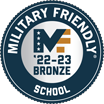Dave Downes: Thanks for sitting down with us today, as an instructor here at Platt you are always busy so I appreciate you taking the time out of your schedule for this. But since time is short, let’s dive right in. What is your background in Sound?
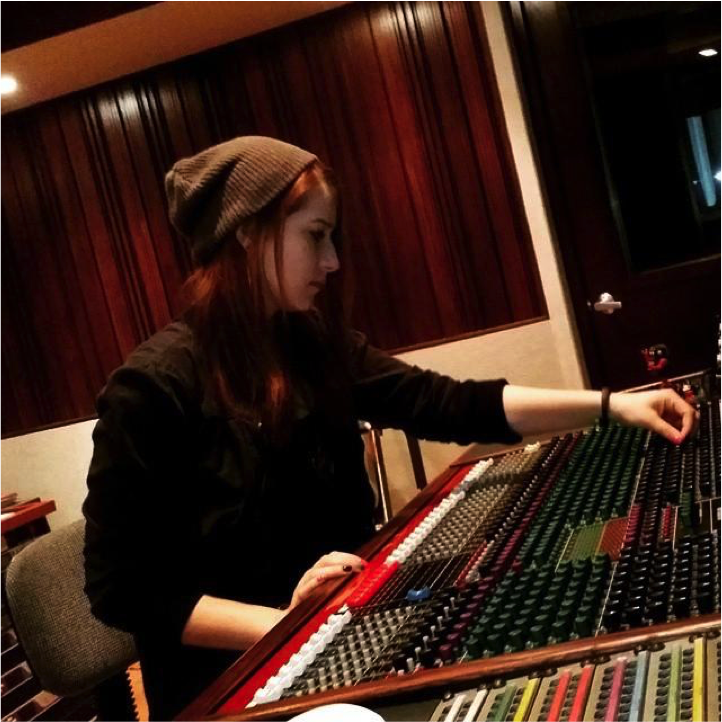 Cato: Do you want the long story or the short story?
Cato: Do you want the long story or the short story?
Dave Downes: We want the interesting story.
Cato: Oh I don’t know about that, I got really into music in high school, I didn’t eat school lunch for a year and I used the money to get a drum set. And then I started playing in bands with my friends. And then I decided because I’m always better with math, science, and logic stuff and I really liked physics so I decided I really wanted to do audio engineering instead of performing, because I always get really nervous performing. So I saved up more money and got some gear to record, and I started recording all my friends bands.
And then I went to college and studied Music and Technology, Computers Arts and Technology, and Economics. And of course I had no social life because I did three degrees at once. And on top of that I did some live recording, some live sound work, and post production work for commercials and shorts. And then after I graduated, I focused mainly on live sound because that’s where I found a lot of jobs. Then when I moved to San Diego I switched back to doing recording and working as a freelancer between studios here in San Diego.
Dave Downes: Live sound work, sounds like live recording. What’s the difference?
Cato: Live recording would be like when I recorded live performances of the Eastern CT Symphony Orchestra. You’re using recording skills to capture the performance, but not necessarily controlling any house sound system. Live sound is when you’re controlling the house sound system, and/or monitors for the performers, to create the sound that you hear live. It’s a rush and a huge satisfaction.
Dave Downes: Which studios do you work with here in San Diego?
Cato: Rarefied Recording in North Park and Signature Sound in the Claremont area. Both places are really cool.
Dave Downes: Catherine…
Cato: Cato.
Dave Downes: Cato, how’d you get that nickname?
Cato: So uhm, I had a friend in middle school and high school and her name is Sarah, and she decided that she wanted a nickname and she wanted her nickname to be Squiggle. And she decided to give everyone else a nickname. So the nickname she gave me was Cato, and mine was the only nickname that stuck
Dave Downes: Does she know?
Cato: I think she does, she thought it was the nickname of Catherine the Great, but it wasn’t.
Dave Downes: So “Catherine the Great” Audio Engineer or Sound Designer? What’s the difference?
Cato: Good question, Audio Engineers are more on the technical side, they’re setting up the microphones, the settings to use on the compressors, EQ’s or whatever plugin you’re using. They’re the ones using Pro Tools and doing the tracking for the recording. Gear Heads. Whereas the Sound Designers are more like composers, sound sculptors. For example they will go to the Audio Engineer in a live theater setting and tell them that they need these particular speakers set up in this particular configuration to achieve this atmosphere for the sound. Spacious, confined, voluminous, enveloping, or light and airy. They’ll bring all the source audio that needs to be played and they make all the artistic decisions for what gets played when. Audio Engineers make the technical decisions, and Sound Designers make the creative decisions. And of course there is a lot of overlap between the two, you have to understand both roles if you’re going to do your job to the best of your ability.
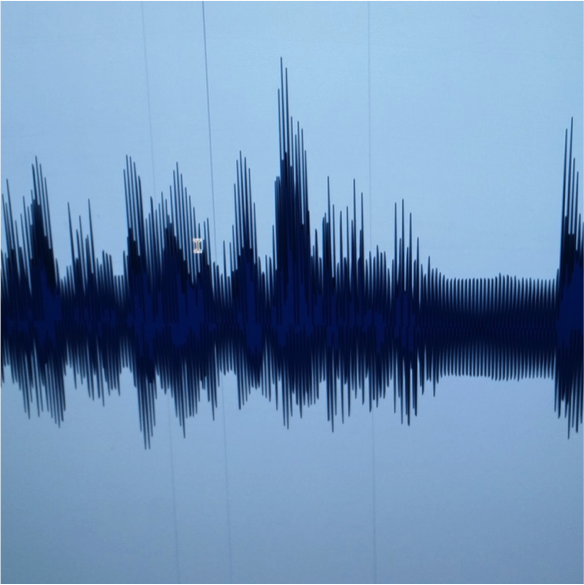 Dave Downes: Where do you seek your inspiration?
Dave Downes: Where do you seek your inspiration?
Cato: Every single engineer that’s successful inspires me. Though I realized, I mean if I’m in the studio with my show, I don’t really nerd out if it’s a guy, but if it’s a girl I do find myself totally nerding out. Because it is so rare.
Dave Downes: It is a predominantly male industry.
Cato: Yeah, I saw a statistic the other day that only 5% of Audio Engineers are female. But I have to say, it doesn’t matter if the engineer is a man or a woman. I respect and admire their work. I suppose it’s just like being a unicorn and then meeting another unicorn. There aren’t that many prominent female engineers to look up to, so it made it harder to imagine when I was starting out.
Dave Downes: Any specific role models for you?
Cato: Ha, ha, after saying all that, there’s Marcella Araica, she’s a Unicorn. She’s a really successful Audio Engineer and I was fortunate to see her at NAMM (National Association of Music Merchants). It’s an annual music industry conference, that involves a lot of people that really promote the intrinsic value of music education.
Dave Downes: Did you nerd out then?
Cato: I think so, when I told her she was my hero. We were interviewing a lot of the big names there and she agreed to do an interview with me and I think she could tell I was really nervous about it. But I got the interview and everyone I was working with was jealous.
Dave Downes: So, speaking of the “value of music education” how did you become a teacher?
Cato: Yeah, so I was drawn to working with students in the recording studio environment, because I thought it was rewarding and fun, and then I guess I slowly gravitated towards it by accepting and prioritizing gigs that involved students and teaching.
Dave Downes: What is your favorite part of teaching?
Cato: I like when the students are enthusiastic, I like seeing them develop as people, not just as Audio Engineers, as people. For some of my students the ability to come in and write, perform, and record in the studio is a big reason that they are still in school.
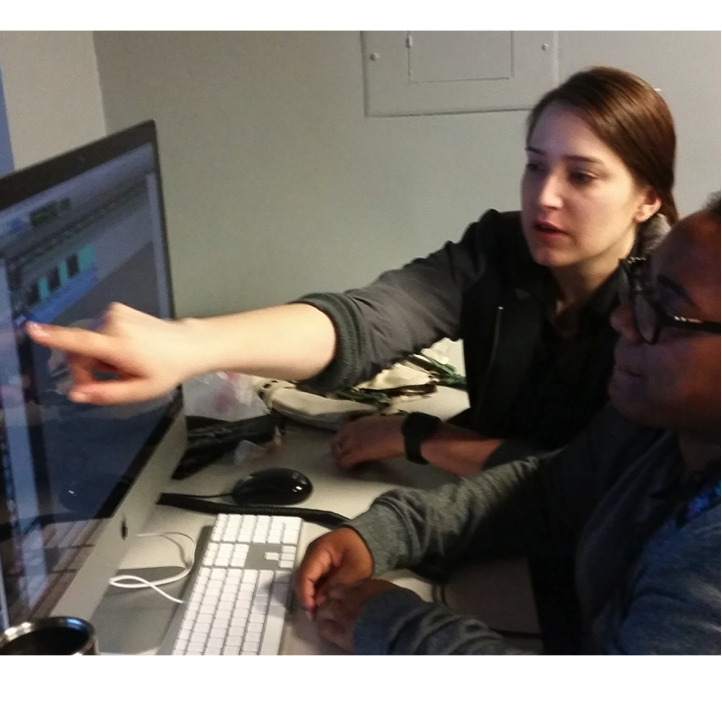
Dave Downes: How long have you been a teacher?
Cato: Oh, I don’t know, I’ve been teaching here at Platt for well over a year, but I’ve been working with students before that, but it wasn’t specifically a classroom environment.
Dave Downes: What is it that you enjoy about teaching Platt students?
Cato: Platt students think outside the box, they’re very creative and funny. I think it’s a requirement to being a student here. Ha ha. I think the school draws that type of person.
Dave Downes: So you’re not just a teacher at Platt, you’re also involved with other things in the industry.
Cato: When I’m not doing freelance studio work or doing work, I am the host for a show on Prostudiolive.com, I also process all of the audio for this company called Vistage, the world’s largest CEO network.
Dave Downes: Let’s split those two up, what is the Prostudiolive.com gig all about?
Cato: Oh yeah, it’s a lot of fun, it’s all Audio Engineers all the time. We bring multi-Grammy winning Audio engineers into the studio and they share with us their process. So our audience is people who want to learn Audio Engineering. It can get really technical, and that’s where I come in, they wanted someone that was presentable, could be comfortable in front of the camera, and that the audience could relate with, and yet, still understood the process and what was happening. I think it’s a lot of fun.
Dave Downes: Wow, cool. How did you get that gig?
Cato: I was helping out a guest engineer that was on the show, and he actually recommended me for it. And what is really cool is now in addition to that show I also have my own show called Pro Tools Authority, it’s an hour long, every Friday, and it’s full of all the juicy technical bits that Avid Certified Instructors teach, broadcast for free on their website.
Dave Downes: Do you know where we can watch that? Do you know the web address?
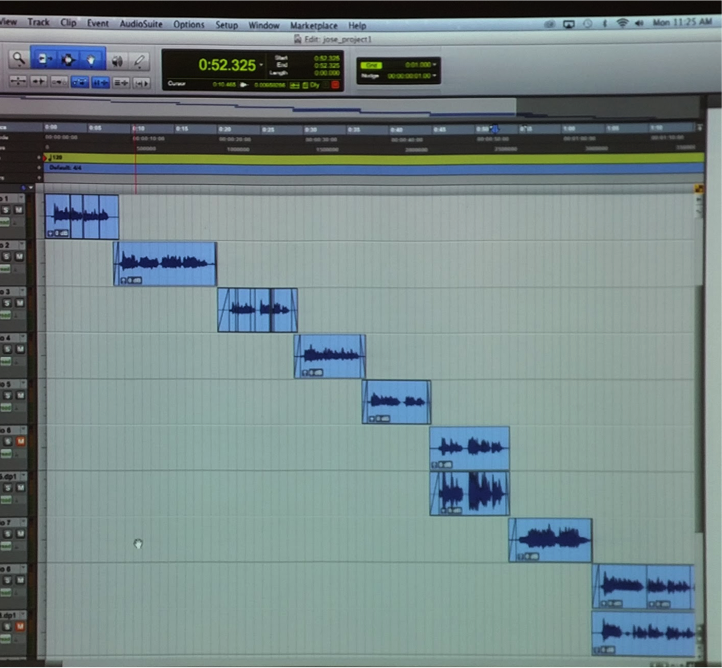 Cato: Well you know honestly, I wasn’t really prepared for that, but I know if you google Pro Tools Authority it will take you to www.signaturesound.com/pro-tools-event Signature sound is all one word, but Pro Tools event has hyphens between the words. Signature Sound Studios is the host studio for Pro Studio Live. But I’m certainly not plugging my show or anything.
Cato: Well you know honestly, I wasn’t really prepared for that, but I know if you google Pro Tools Authority it will take you to www.signaturesound.com/pro-tools-event Signature sound is all one word, but Pro Tools event has hyphens between the words. Signature Sound Studios is the host studio for Pro Studio Live. But I’m certainly not plugging my show or anything.
Dave Downes: Fair enough, okay so what about Vistage? What can you tell me about that?
Cato: Well it’s the largest CEO network, I process the audio from their meetings and if you remember one of my majors was economics so I do enjoy the business stuff. And so I get to listen to the audio from these talks and what it is, is it’s these clubs of CEO’s and then the chair of the club will go find these world famous speakers to come and talk about different aspects of business, health, or economics. Or just anything in general to improve people’s business lives. It’s a very interesting benefit to processing the audio for the company.
Dave Downes: Well if all that wasn’t enough, you also work for the United Nations as I understand?
Cato: Ha ha, well yes, yeah. Sort of, I am a member of the UN Music for Peace Subcommittee. I organize events for the UN Peace day on the 21st of September. We’ve also worked with Playing for Change, they’re both about promoting and talking about using Art for Peace. Playing for Change Day doesn’t have a set date, but it’s generally around the same time. I got involved with them while working with some inner city youth and their science teacher, after their high school was forced to drop their music program.
Dave Downes: “Here Comes the Boom?”
Cato: ha ha, I’m not wrestling, we made a mural here at Platt last year. I can’t wait to see what we do this year.
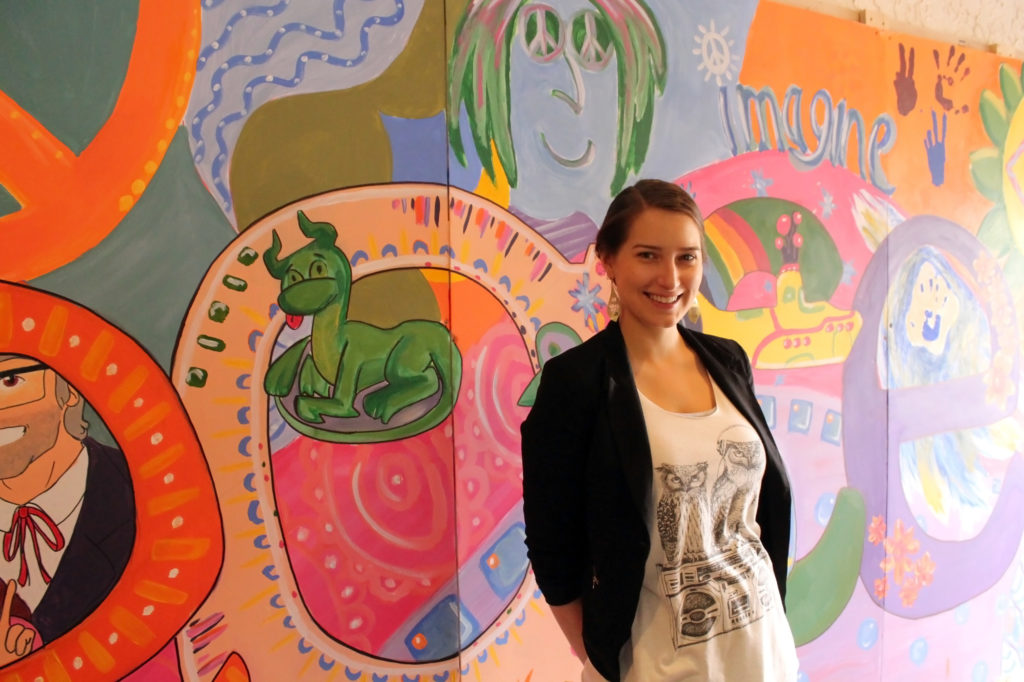
Dave Downes: Well we’re excited to see what you have in store this year too. Any final thoughts you’d like to share?
Cato: Keep working hard, it can be tough doing creative stuff. But there is a saying in audio, follow your ears. I think you have to keep trying, don’t let the grumpuses of the world affect you when they tell you where they think you should be. Keep doing your best then you can end up working with some really cool people doing some really cool stuff.
Authors note: Cato offered to share the following resources with our readers. If you are interested in doing more with sound check out the resources that follow.
Forums and articles on pro audio, Pro Tools, acoustics, etc.
Tons of articles on pro audio.
Videos and talk show style discussions of music production and pro audio.
Videos and blog posts about pro audio and music production.
This is the website of a popular plugin manufacturer called Waves. They have a lot of free videos on how to use their plugins, and you can watch these to learn general information about how to use different types of plugins, and apply it to the plugins that we have in the classroom.
Forums and articles about various pro audio topics.
Tons of videos on mixing, mastering, and other pro audio related topics.
https://www.youtube.com/user/MrAudioSoundImages/videos
Youtube channel about audio, with a focus on film.
http://www.fabfilter.com/video/
Another popular plugin manufacturer called Fabfilter. You can watch these videos for an idea of how to use each type of plugin, and then apply these general principles to the plugins that we have in class.

